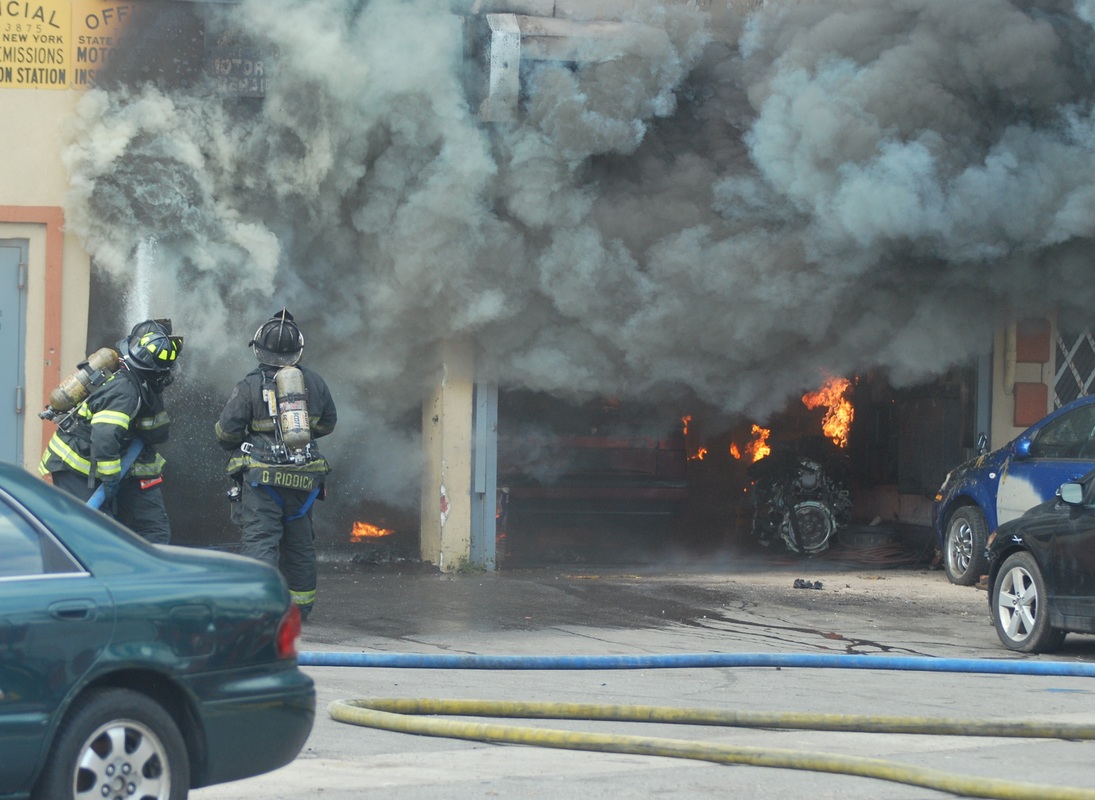A Friendly Guide to HazMat: Understanding the Basics with the Roosevelt Fire Department
Ever heard of HazMat and wondered what it stands for? HazMat, or hazardous materials, are substances that could pose a risk to our health, property, or the environment. The Roosevelt Fire Department is here to break it down for you, in simple terms, why it’s important to know about these materials and how to stay safe.
What Exactly Is HazMat?
HazMat includes a wide range of materials, from the chemicals under your kitchen sink to the gasoline that powers your car. They can be solids, liquids, or gases. What makes them “hazardous” is their potential to cause harm if they are not handled properly.
Common Types of Hazardous Materials
There are several types of hazardous materials you might come across in your daily life, including:
- Flammables: Stuff that can easily catch fire (like gasoline or alcohol).
- Corrosives: Substances that can damage surfaces, or even your skin, on contact (think of bleach).
- Toxics: Materials that can be poisonous or cause health issues (such as certain household cleaners).
- Reactives: Chemicals that can explode or create dangerous gases when mixed with other substances (like ammonia and bleach).
Why Should You Care?
Knowing about HazMat is crucial because it’s all around us. Understanding the risks and how to handle these materials safely can prevent accidents that could harm you, your loved ones, or the environment. Plus, in case of an emergency, knowing what to do (or what not to do) can make a huge difference.
Safe Handling and Storage of HazMat
Here are some tips from the Roosevelt Fire Department on how to safely handle and store hazardous materials:
- Read Labels: Always check the labels on products. They provide essential information on how to use, store, and dispose of the material safely.
- Separate Incompatible Substances: Some materials can react dangerously if they come into contact. Keep them stored separately.
- Proper Disposal: Don’t just throw hazardous materials in your regular trash. Many cities offer special disposal sites or pick-up services for these materials.
- Emergency Plan: Have a plan in case of an accidental spill or exposure. This includes knowing when to evacuate and when to call for help.
What To Do In Case Of A HazMat Emergency
If you find yourself in a situation involving hazardous materials, remember these key points:
- Don’t Panic: Keeping a clear head will help you make better decisions.
- Evacuate if Necessary: If it’s not safe to stay, leave the area immediately. Make sure to inform others to do the same.
- Call for Help: Contact the Roosevelt Fire Department or the appropriate emergency services. Give them as much information as possible about the situation and the materials involved.
The Roosevelt Fire Department’s Role in HazMat Incidents
Our firefighters are trained to respond to hazardous materials incidents. We work to contain the hazard, protect the public, and minimize environmental damage. Education is also a big part of what we do. By informing the community about HazMat safety, we aim to prevent incidents before they happen.
Conclusion
Understanding HazMat is essential for everyone, not just first responders. By staying informed and prepared, we can all contribute to a safer community. Remember, when in doubt about handling or disposing of hazardous materials, it’s always best to ask for professional advice. Stay safe, and feel free to reach out to the Roosevelt Fire Department with any questions or for more information on HazMat safety.
FAQs
1. Can household cleaners really be considered hazardous?
Yes, many household cleaners contain chemicals that can be harmful if not used or stored correctly.
2. What should I do if I accidentally mix two chemicals that react violently?
Evacuate the area immediately and call for emergency assistance. Don’t try to clean it up yourself.
3. How can I find out more about HazMat disposal in my area?
Check your local government’s website or contact your city’s waste management department for information on hazardous waste disposal.
4. Are Roosevelt Fire Department firefighters trained to handle all types of HazMat incidents?
Our firefighters undergo extensive HazMat training, but we also work closely with specialized HazMat response teams for complex incidents.
5. Can I volunteer to help with community education on HazMat safety?
Absolutely! We welcome community involvement. Contact us to find out how you can help educate our community on HazMat safety.


Add Comment